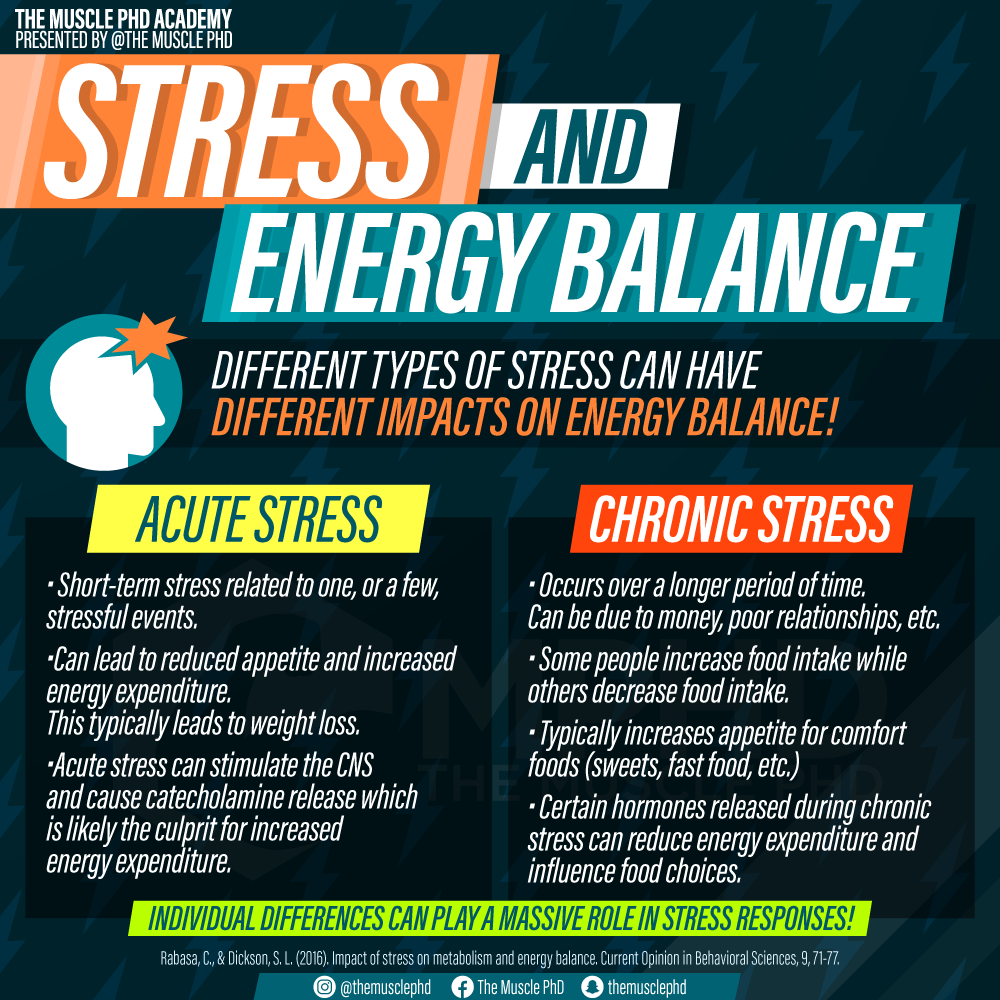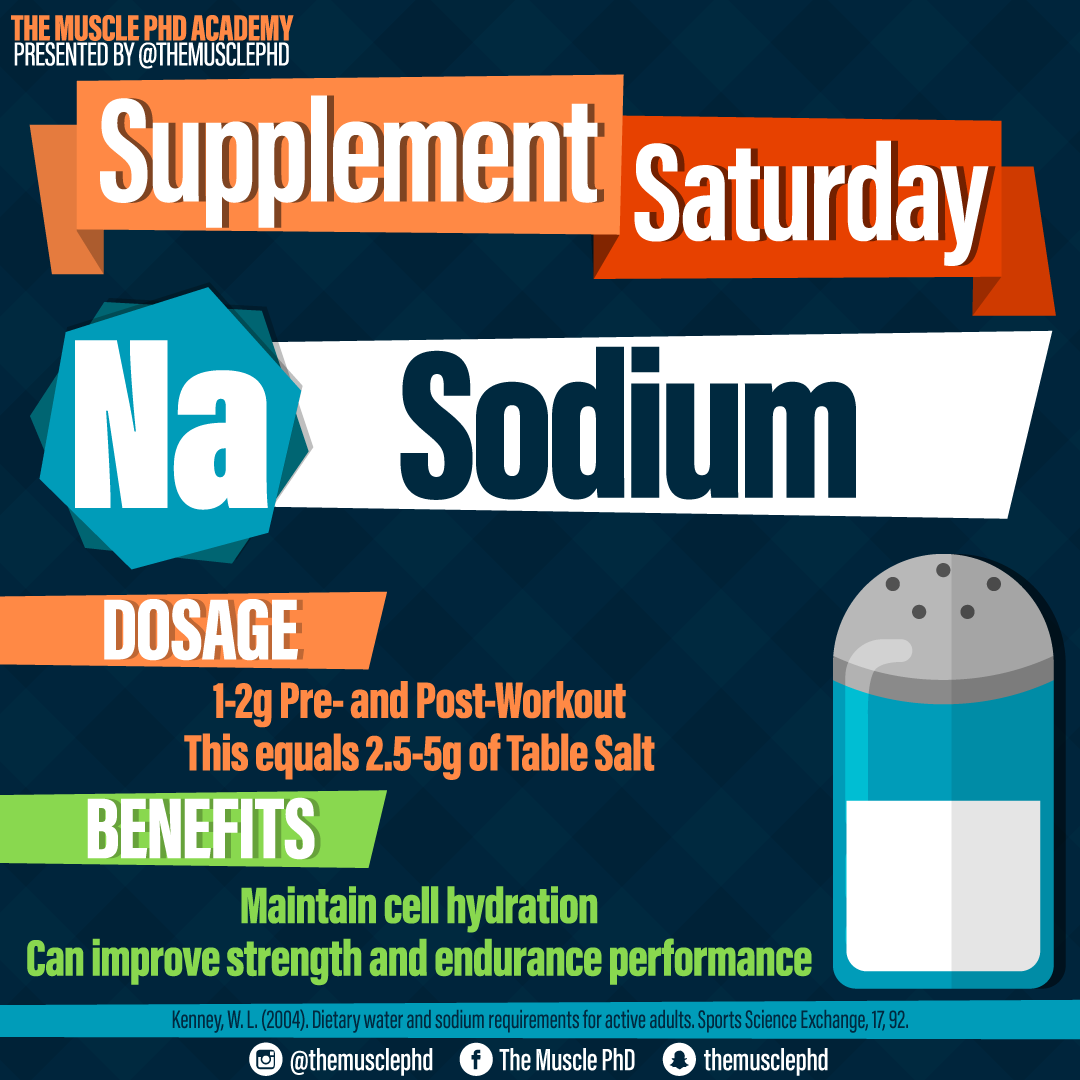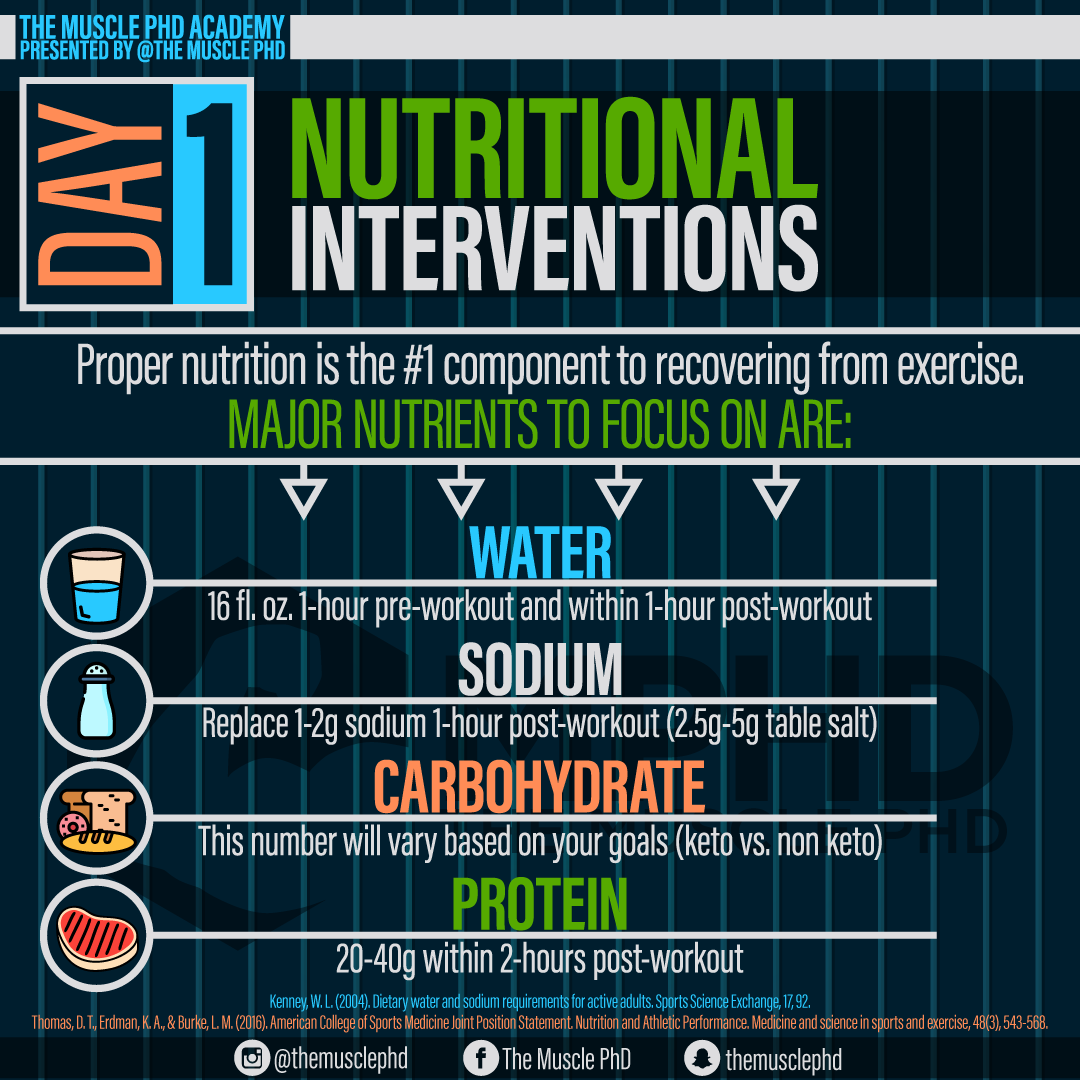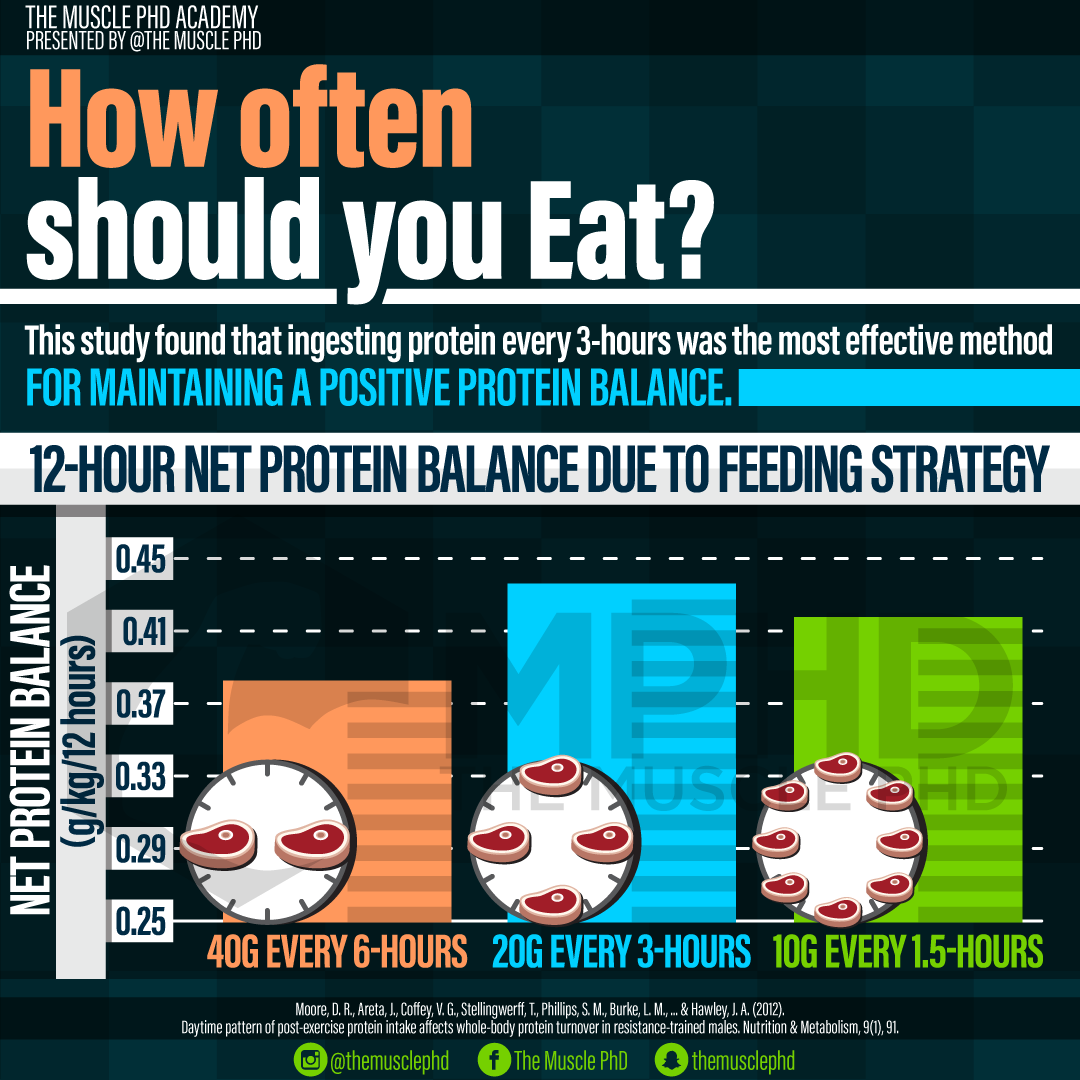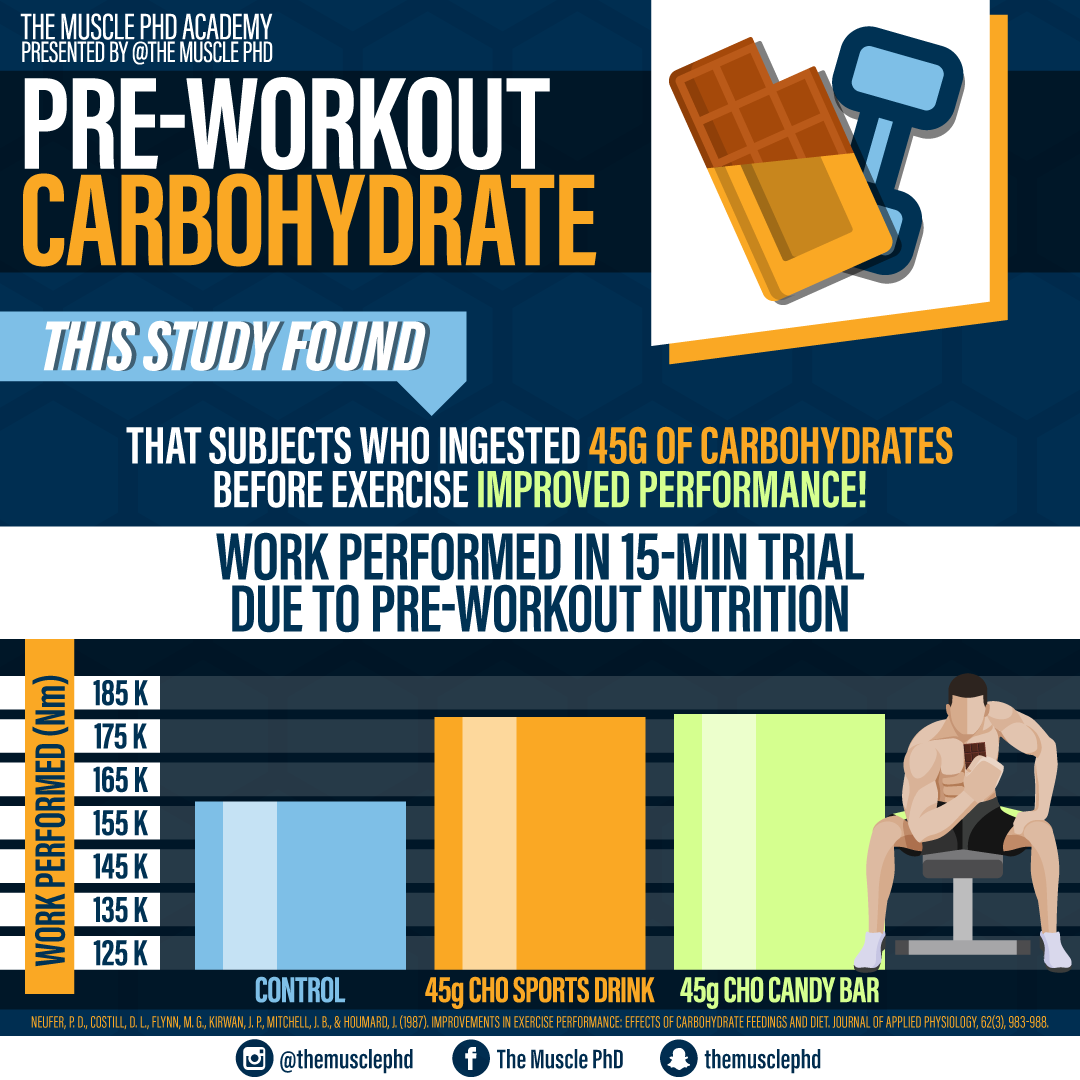Summary
Most adults would like to shed a few pounds – that’s pretty much become common knowledge, however, weight loss can be a difficult journey. Counting calories, eating well, and exercising all play a large role in helping one lose weight. Unfortunately, though, many people have noticed that the stress of daily life makes weight loss even more difficult. Why is this the case?
When we want to lose weight, we essentially need to ensure that we are in a negative energy balance. That means that we are expending more energy than we consume – continue this pattern for a few days and you should lose a pound. Simple, right?
Unfortunately, there are myriad factors that play into energy balance. We typically look at a classic model of just nutrition, exercise, and RMR/NEAT – i.e. how many calories did you eat, how many calories did you burn during your workout(s), and how many calories do you burn just staying alive? However, when it comes to RMR (resting metabolic rate) there are a few variables that can change what we typically assume to be a constant.
Your RMR is essentially your resting metabolism – in a basic sense, this number reflects how many calories you burn simply to stay alive. This number can be somewhat influenced by things like muscle mass and hydration status, but hormone balances can also play a role. When we experience acute stress, such as a bad day or even a tough workout, our RMR can actually increase in response to this stressor. However, if we deal with chronic stress, like a tough job or bad home situation, our RMR can decrease as a result of constant hormone suppression/fluctuation/over expression (multiple hormones can be expressed differently) (Rabasa & Dickson, 2016).
When our RMR is consistently lower than it should be, we slowly creep into a positive energy balance on a daily basis. Add up a few months or even years of this chronic stress, and now we’ve got a few extra stubborn pounds that are going to be tough to get rid of. With this in mind, it’s important to uncover a good stress management technique that helps you “chill out” from daily life every once in a while. Things like yoga, meditation, or even hiking can help manage stress and keep your hormones and, ultimately, metabolism in check. If your nutrition, exercise, and sleep habits are on point and you’re still having a hard time losing weight, try a stress management technique and see if it makes a difference.
Based on
Further Reading


